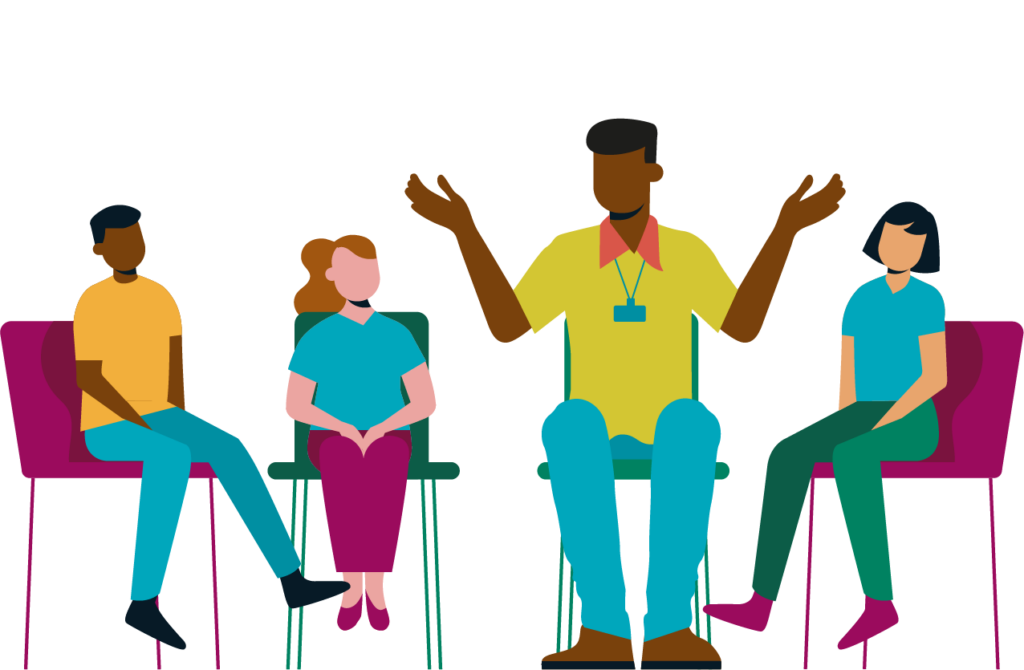Developing linguistic concepts in school age children
Why you have been directed to training to
support concept development?
- Formal Assessment may have highlighted that this is an area of language that the child is finding difficult
- You may have been asked to do some practise on concept words with the child
• To explain what a concept is
• To explain when and how children develop concept knowledge
• To explain why concepts are an important part of language and key to your child being able to access
learning
• To schools how to help children to learn and use concept words
Concept words are important as a part of a child’s vocabulary to describe properties and ideas such as:
• Quality
• Quantity
• Time or Sequence
• Position or Location
• Personal Qualities, Emotions and Feelings
• Movement
Concepts:
• Help us to understand language
• Help us to develop language
• Help us to express ideas
Communication Development Pyramid:
Speech sounds
Expressive language
understanding of language
Play
Attention and listening
| Quality | Colour and shape (spot, line, round, cross, triangle, curved, corner, circle, flat, straight) | size (big, heavy, long, small, light, short, tall, thin, fat, full, heavier, longer, large, wide, tallest, deep, wide, narrow, shallow, thick, wide | texture (wet, hot, dirty, new, hard, rough, soft, cold, dry, furry, smooth) sound (noisy, quiet, loudly, softly) | similarities and differences (same as, like, different, or) |
| Quantity | Number, equal, quarter, half unequal | A bit, all, a lot, some, many, another, few, most, enough, plenty, except | Gone, more, none, less, nearly, only, part, whole | As much as, about, both, every, each, several, other |
| Time or sequence | Now, after, soon, later, before, early | Again, never, always, sometimes, and then | Today, yesterday, tomorrow | First, last, second, third, once, never |
| Position or location | On, in, under, by, in front of, off, beside, next to, across | Up, down, over, through, to, around, behind, between, above, below, against | Outside, inside, bottom, top, high, low, middle, side, row | Away, near, facing, apart, together, far |
| Movement | Fast, slowly, quickly | Stop, go, moving | Still, smooth, jerky | Backwards, towards |
| Emotions, feelings and personal qualities | Good, bad, nice | Hungry, thirsty, asleep, awake | Pretty, silly, clever, kind | Sad, frightened, excited, pleased |
Pre-School children typically know and use Early concepts that:
• Are object based
• Relate to what is in front of them
By Reception children typically know and use many more concepts:
• To be able to understand and follow general classroom instructions
• To support new learning – reasoning, vocabulary and topics, storytelling, developing numeracy skills
By the end of Primary School concepts become:
• Less concrete or physical
• More complex, specific and abstract
How do children learn concepts?
- Children learn concepts in a particular order
- Most children learn concepts through real life experiences
- They relate their experience to the ‘label’ you provide for what they are doing and seeing
- Then hear the word several times in different situations
Why can concepts be difficult to learn?
Concepts:
- are often abstract
- have multiple meanings
- depend on the situation or context
- are perceived differently by different people
- can exist simultaneously
Language Use:
• May use simplistic or immature sounding sentences
• Incorrect use of concept words
• Difficulty telling and re- telling stories and news
• Difficulty answering questions about what they read or hear
Understanding Language:
• Difficulty following instructions or knowing what order to do things in
• Difficulty following classroom routines
• Difficulty understanding stories and explanations
Learning:
• Reduced access to the curriculum
• Limited educational progress
Social Situations:
• May present as quiet and withdrawn
• Difficulty fully expressing how they feel
• May have challenging behaviour
How do you choose what concept to work on?
- Use Information from your Speech and Language Therapy report and programme
- Use the Concept Checklist handout to determine the order and monitor progress
- Observe the child during class, small group, 1-2-1, activities
How do I teach a concept?
- Stage 1 – allow the child to experience the word
- Stage 2 – work on it in a structured game
- Stage 3 – add more information
- Stage 4 – generalise to different situations
- Stage 5 – help the child compare concepts
General Rules for Teaching Concepts
- Work on understanding a concept before using it
- Teach only one concept at a time contrasting it with a negative rather than a pair/ opposite
- Work on no more than 4 concepts at a time
- Be careful not to use concept words the child does not yet know to teach new concepts
Please refer to the attached handouts for suggestions and activities to target a range of concept words.
• Concept Milestones.docx
• Concept Checklist.docx
• Concepts Practical Ideas.docx
